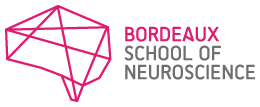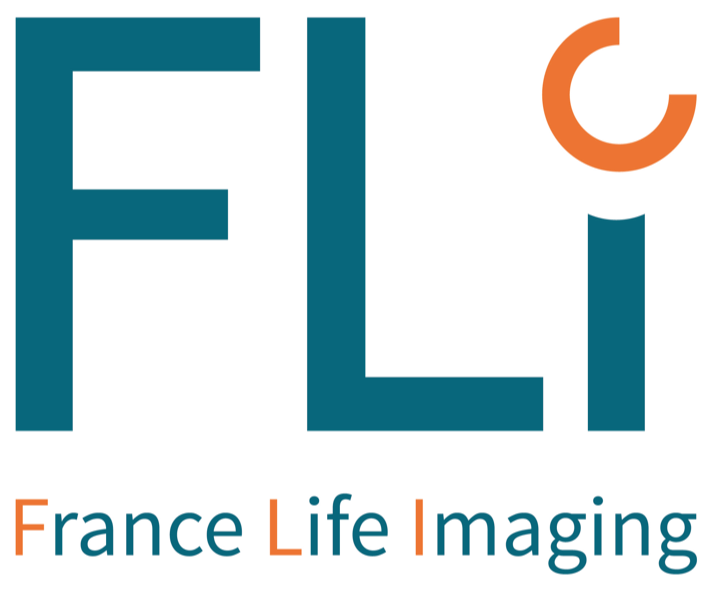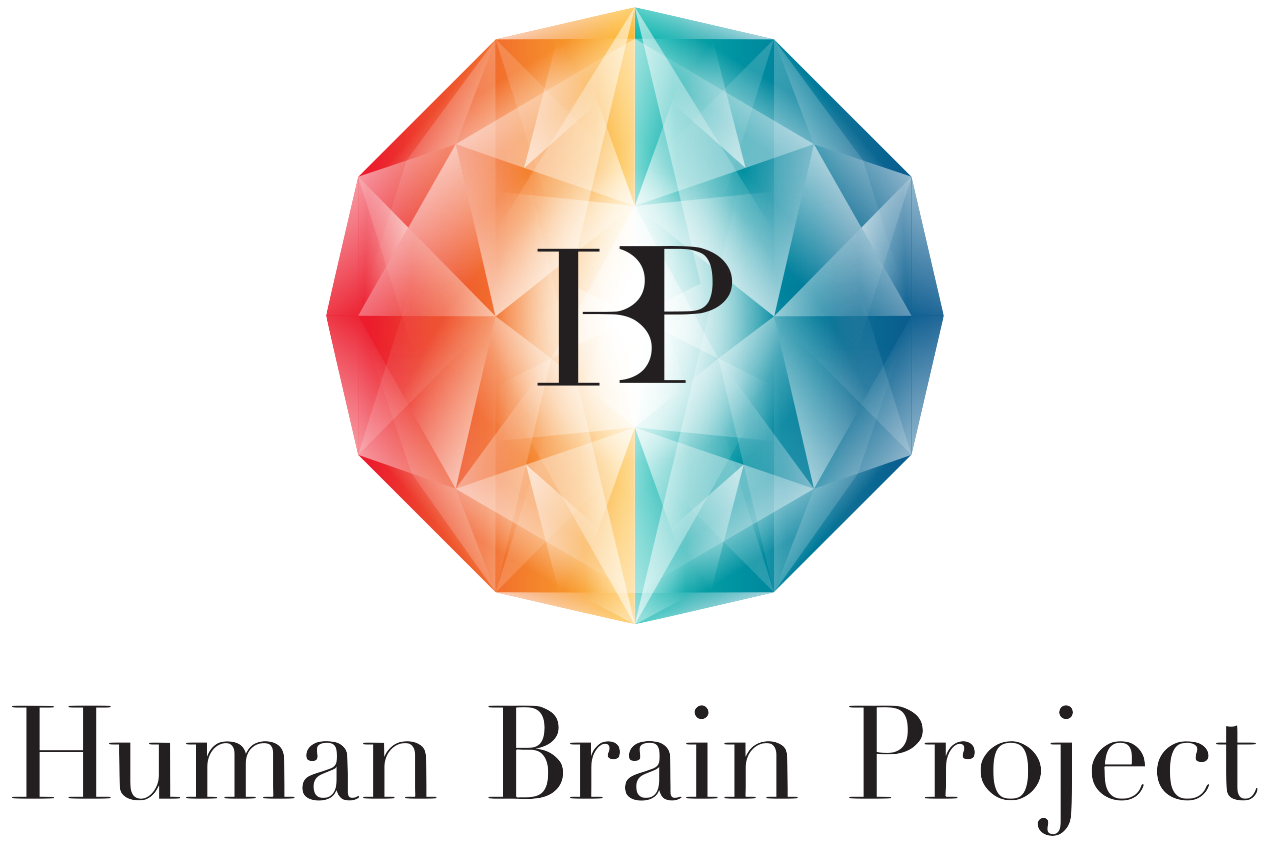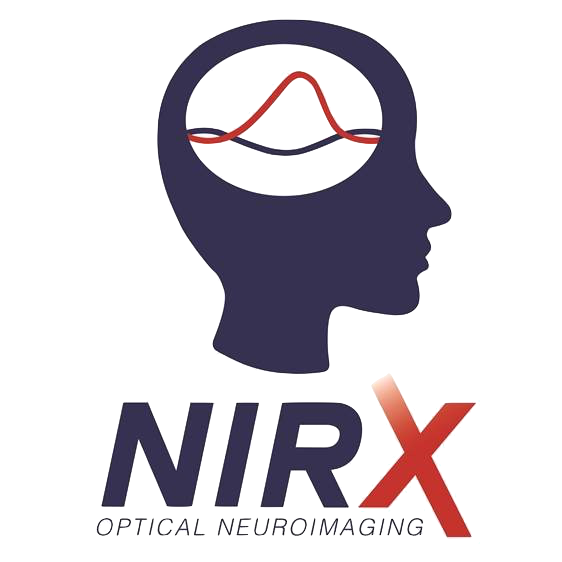Whole brain imaging #WBI
September 8 to 28 (2019)
The CAJAL course in Whole Brain Imaging is an intensive three-week course that will carry participants through the theory and practice of advanced methods for investigating brain structure-function relationships at the organ level. The course will balance lectures from world-acknowledged neuroimaging experts to experimental demonstrations and hands-on laboratory work in small groups. Participants will be introduced to a wide spectrum of techniques, from microscopic post-mortem brain cyto- and myelo-architectony to macroscopic in vivo 3D-imaging using magnetic resonance, functional ultrasound, near-infrared spectroscopy, electromagnetic waves, and gamma-ray emission tomography. Issues associated with whole brain neuroimaging multimodality and data-sharing will also be addressed. During the course, each participant will be given the opportunity to acquire and analyze whole-brain neuroimaging data in both preclinical and clinical environments.
Course director & co-directors
> Katrin Amunts
Jülich Research Centre (Germany)
> Bernard Mazoyer
Bordeaux Neurocampus (France)
> Sylvain Miraux
University of Bordeaux/CNRS (France)
Instructors & projects
> Download the complete WBI Instructors list






